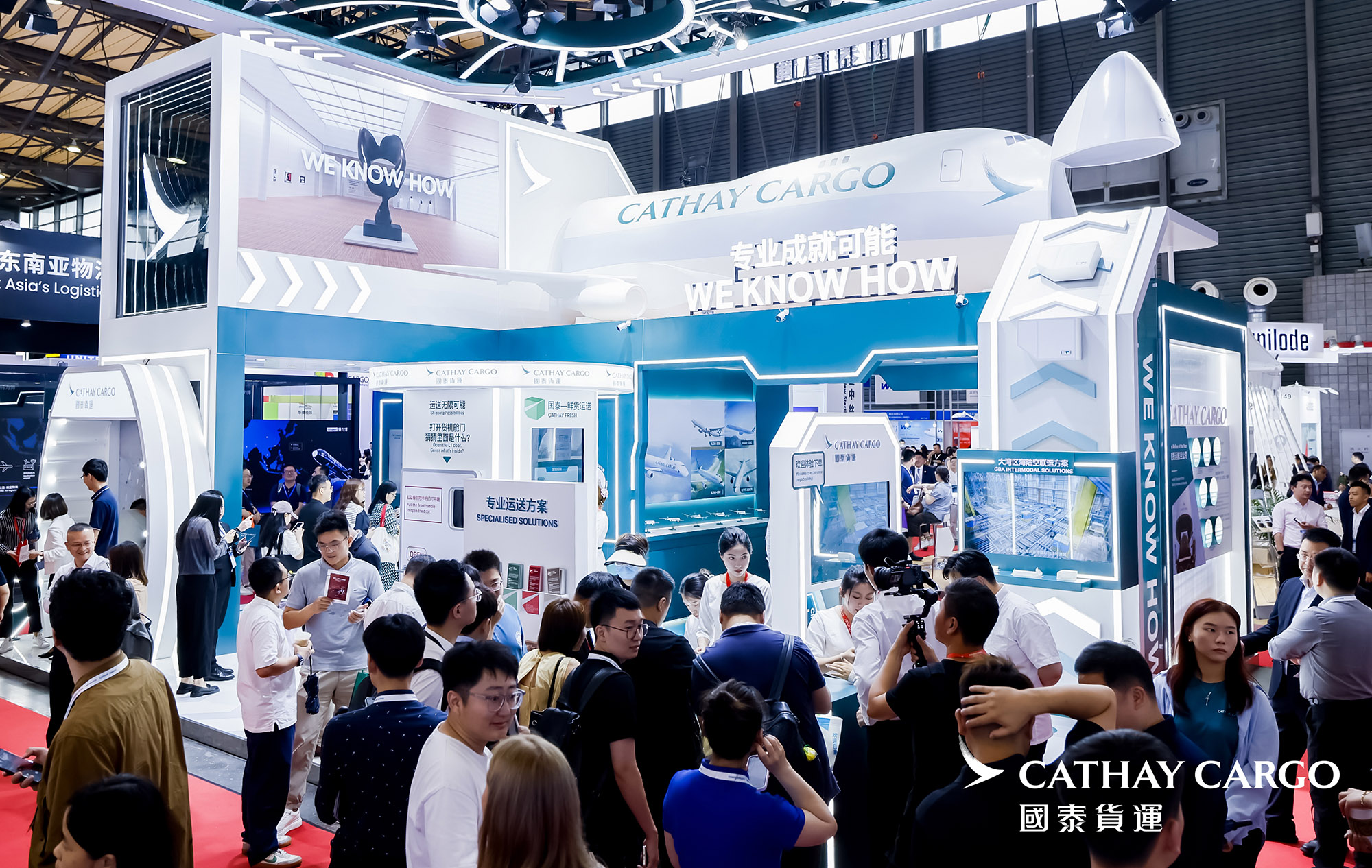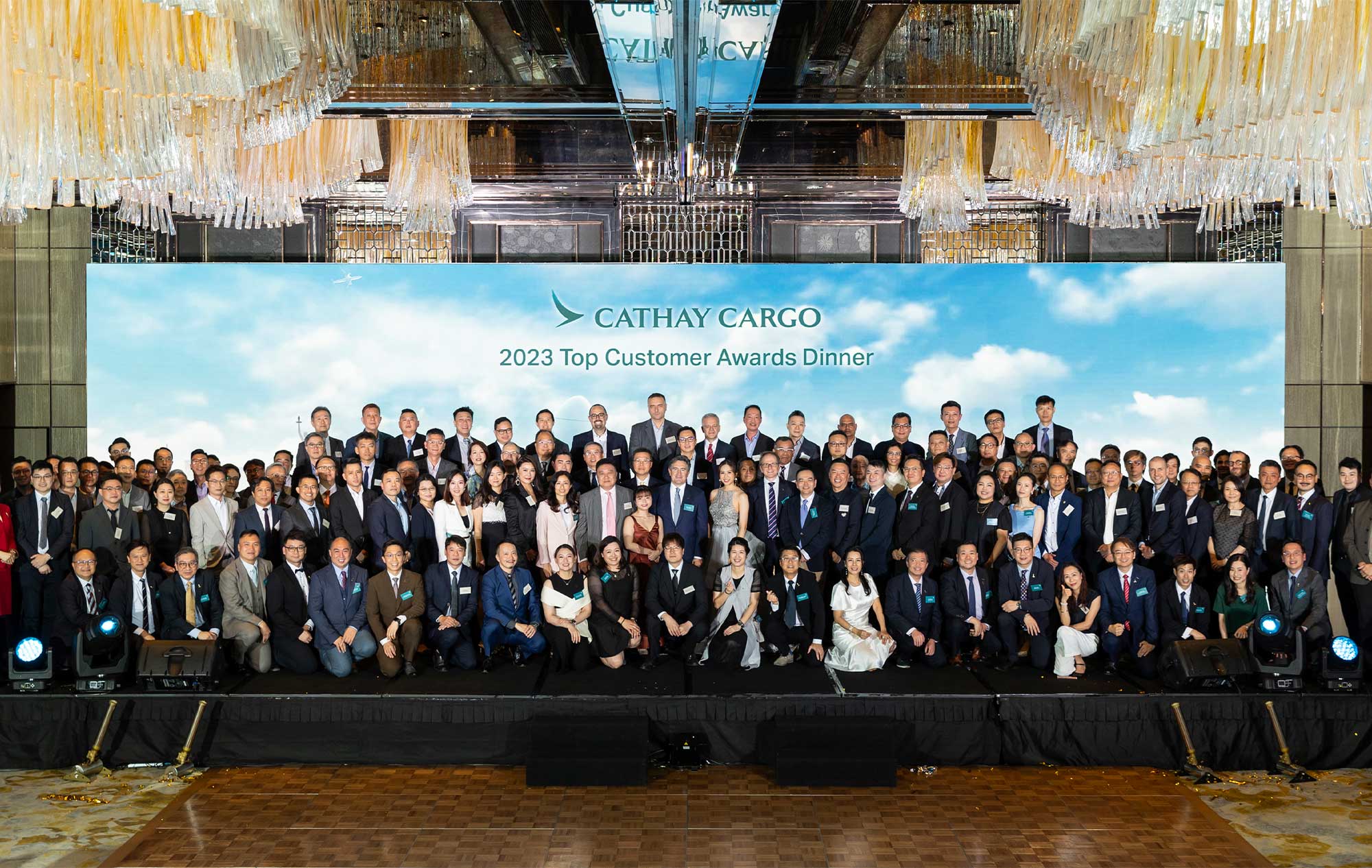Airfreight customers and airlines have cautiously welcomed ICAO’s Carbon Offset and Reduction Scheme for International Aviation (Corsia), which aims to bring carbon-neutral emissions growth on international routes from 2020.
Shippers have called for greater environmental responsibility, but fear extra costs from ill-conceived government proposals. Surveys show that 50 per cent of multinationals will select suppliers based on carbon performance, and 66 per cent would pay a premium for a low-emission service.
The airfreight industry favours Corsia over plans such as the EU’s Emissions Trading Scheme (ETS). IATA head of cargo Glyn Hughes said: ‘Corsia is preferable to regional solutions which lead to market imbalance and distortion.’
Corsia is voluntary, but 85 per cent of nations intend to participate. While it could cost airlines US$24bn by 2030, carriers that invest in alternative fuels and efficient aircraft will benefit most.
The airfreight industry could pay more than passenger airlines, with its large aircraft operating on international routes, but airlines that deliver a smaller carbon footprint will benefit in the end.








